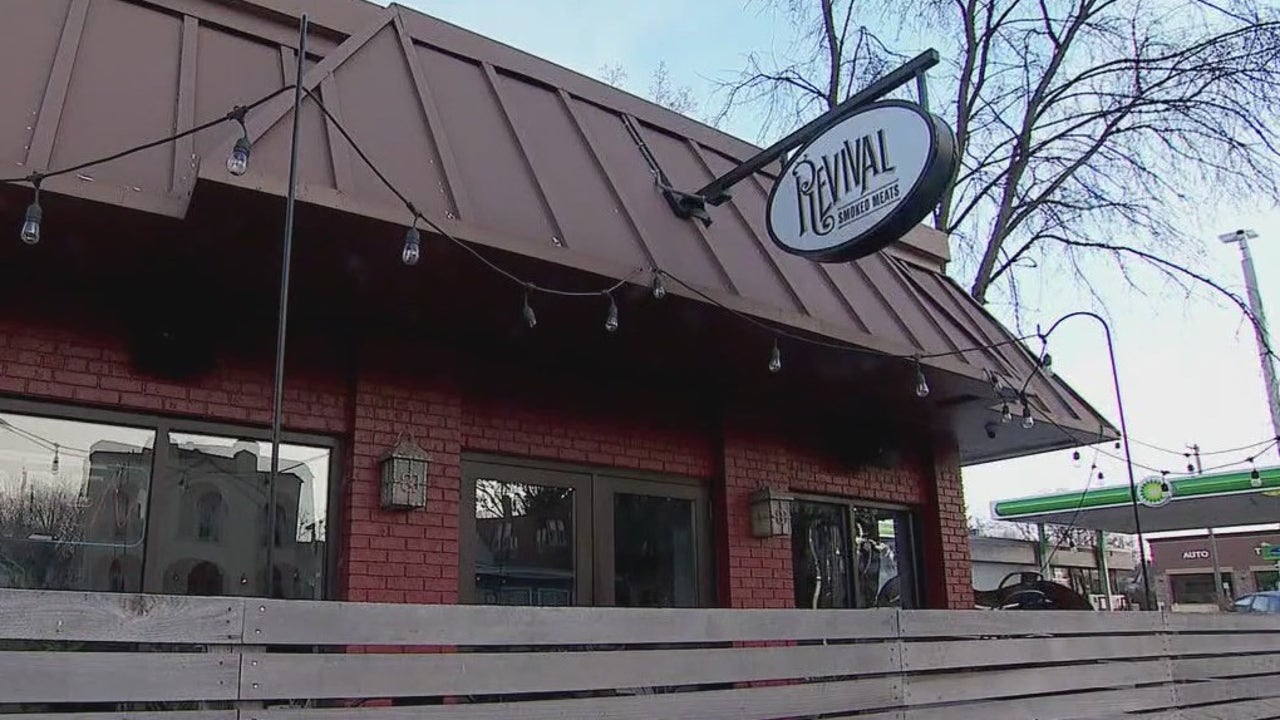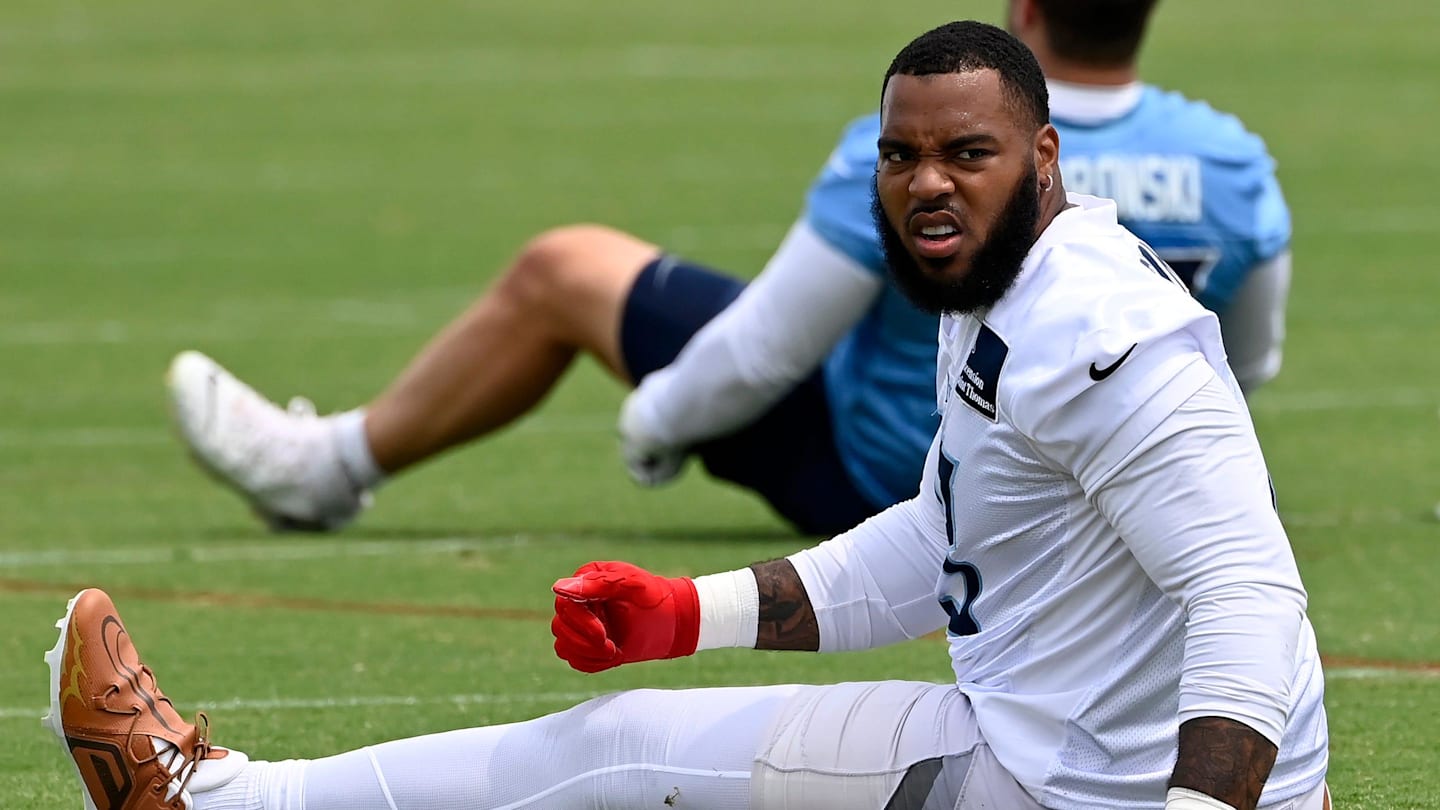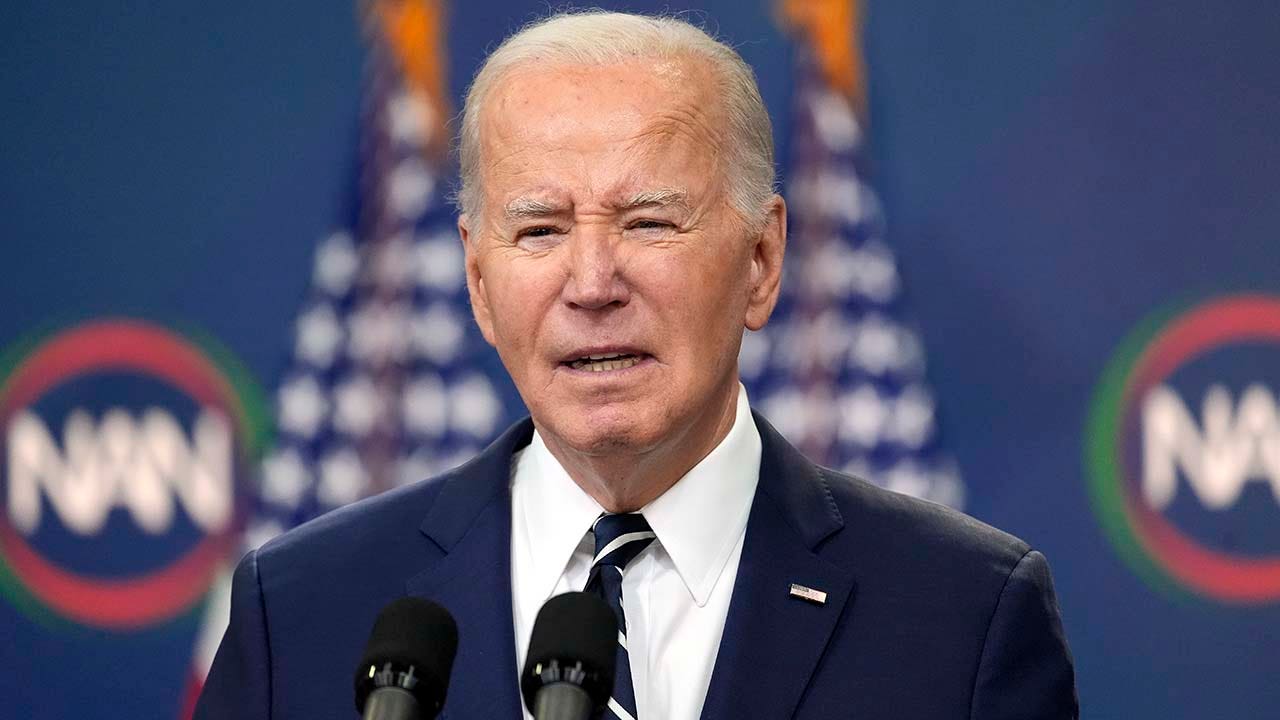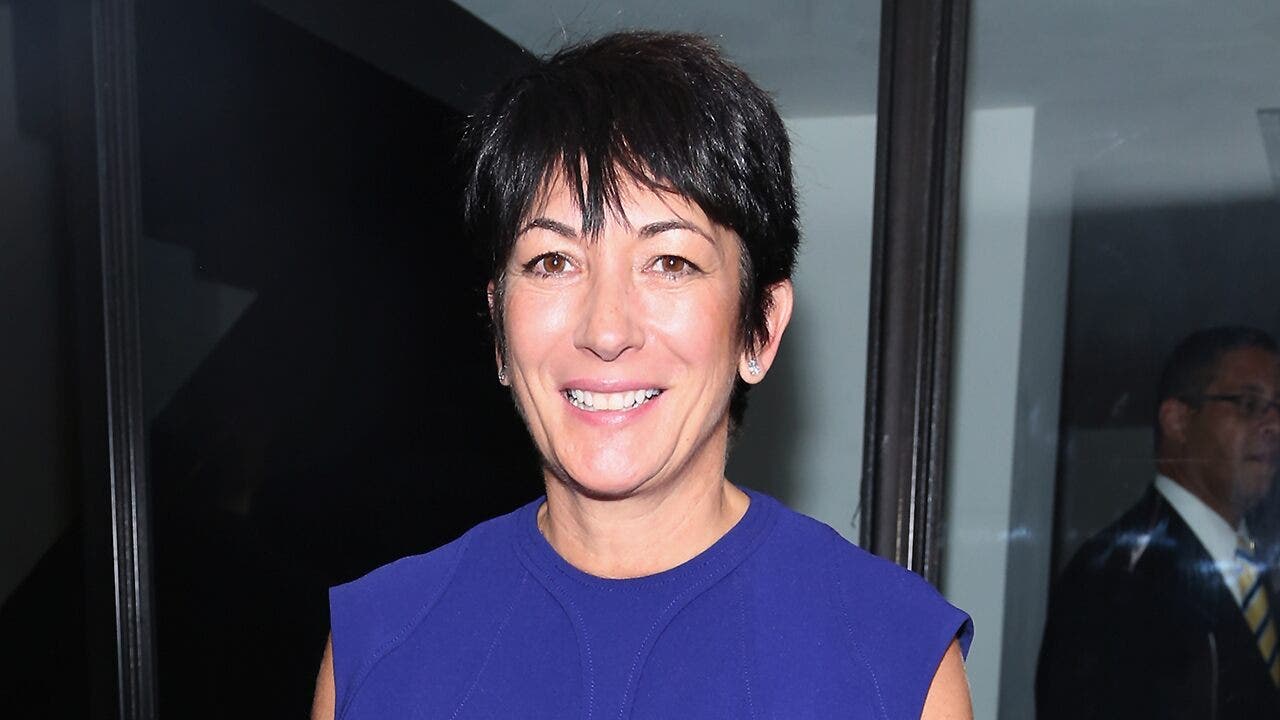We won! Or, at least those of us who were rooting for Amaya Espinal and Bryan Arenales to take home the prize on Season 7 of “Love Island USA.”
After a blockbuster season with its fair share of controversy, the 25-year-old nurse from New York City and the 28-year-old accountant, bartender and real estate agent from Boston, respectively, walked out of the villa $100,000 richer and became the first Latino couple to win “Love Island.” In a time when many Latinos in the U.S. are being inundated with threats to our safety and freedom, this example of a mutual, fun and respectful Latino love is an indulgent little triumph for us all.
The dating show became appointment viewing for millions of fans, including myself, with new episodes dropping almost nightly as the show airs in near real time. “Love Island” — which launched in the U.K. in 2015 and has since spawned several international versions — confines single hotties in a Fijian villa, where they must explore romantic connections and couple up with each other to remain on the show. Viewers and cast members known as “islanders” vote regularly to decide which contestants or couples must pack up their swimsuits and go home. As with most reality TV, there’s messiness, drama, silliness and sexiness that keeps viewers glued to their screens, and we clock in for our shift at the island mines with dedication.
Espinal, a self-described “Dominican Cinderella,” entered the villa as a “bombshell,” a cast addition meant to stir things up for the original couples. Meanwhile, her Prince Charming, Arenales, who is Puerto Rican and Guatemalan, came in during the Casa Amor segment of the show, when islanders are separated by gender and introduced to hot new cast members vying for their attention.
The two coupled up several episodes after meeting in Casa Amor, igniting a romance in large part over a shared understanding of their cultures. Being super hot probably didn’t hurt either, but it was seeing Arenales stand up for our sweet Amaya Papaya against a pile-on from his fellow male islanders that sealed the deal — not just for Espinal, but for the viewers, in particular Latinx ones.
Espinal’s rough start on the series reflected the cultural valleys that exist between Latinos and their non-Latino counterparts in the United States, which can generally make for a tricky dating experience. Three of the male contestants she coupled up with expressed discomfort with her personality and bold manner of expressing herself. It started with a blowup with contestant Ace Greene after he vocalized his discomfort with Espinal touching him and using terms of endearment, in particular the word “babe.”
The same issue came up when she coupled up with Austin Shepard and Zak Srakaew, who took issue with Espinal “moving too fast” by acting overly romantic (on a show called “Love Island,” mind you). This was despite her explaining that in Dominican culture terms like “mi vida,” “mi amor” and “babe” are common terms of endearment, and asking if it was OK that she use them. (Both agreed it was fine.)
Espinal certainly lost her cool — in most cases, I would argue, rightfully so — and regularly became emotional, struggling with feeling misunderstood and attacked. Still, she defended herself with confidence and strength from those who seemed intent on painting her as erratic, intense, pushy and aggressive. During a game in which islanders wrote letters to air out any grievances, she offered them a simple option: “I’m just not your cup of tea to be drinkin’, so don’t f—ing drink it.”
It was during that game in which Greene, Shepard and Srakaew went in on Espinal that Arenales stepped in to defend her, explaining what Espinal had long been saying: Those terms of endearment are common in Latino households. “You’re telling her to meet you halfway,” he said. “You gotta meet her halfway too.”
Arenales gallantly stepping up to support Espinal against a social firing squad sparked a flame between the two. Fan votes showed this moment to be a turning point for Espinal, who became a favorite. It doesn’t hurt that her nurturing personality and adorable zaniness make her very easy to root for.
Seeing Arenales voice his appreciation for who she is and understanding her background — and Espinal herself refusing to change parts of her personality that she views as the strengths of an “emotional gangsta” — made their coupling a powerful display of Latino love. Those two crazy kids just get each other!
“This is just a message to everyone out there who’s misunderstood: Nobody should be tamed and there’s always someone out there for you who’s going to love you for you and appreciate all your craziness,” Espinal told host Ariana Madix after their win was announced. “Don’t ever settle for nobody.”
This was an especially lovely and important win after this season was marred by a racism scandal in which two Latina islanders were found to have used racial slurs online and in a podcast.
As much as Espinal may have felt misunderstood, Espinal is not a difficult person. There’s no need to decipher her because it’s not that complicated, regardless of her cultural identity. From everything I saw on the show, she showed a tremendous amount of character and kindness. She just didn’t put up with B.S. from guys who were trying to diminish her, call her irrational and insinuate she was clingy. Amaya Papaya always stood on business.
I love that Espinal found someone who sees and appreciates her in Arenales. And judging by their win, she found that in innumerable people who voted for them as well. But there’s nothing anyone should struggle to understand about her.
Yes, parts of her behavior are informed by her culture — but yelling at a man who is trying to make you seem crazy is a universal experience we should all partake in.
































